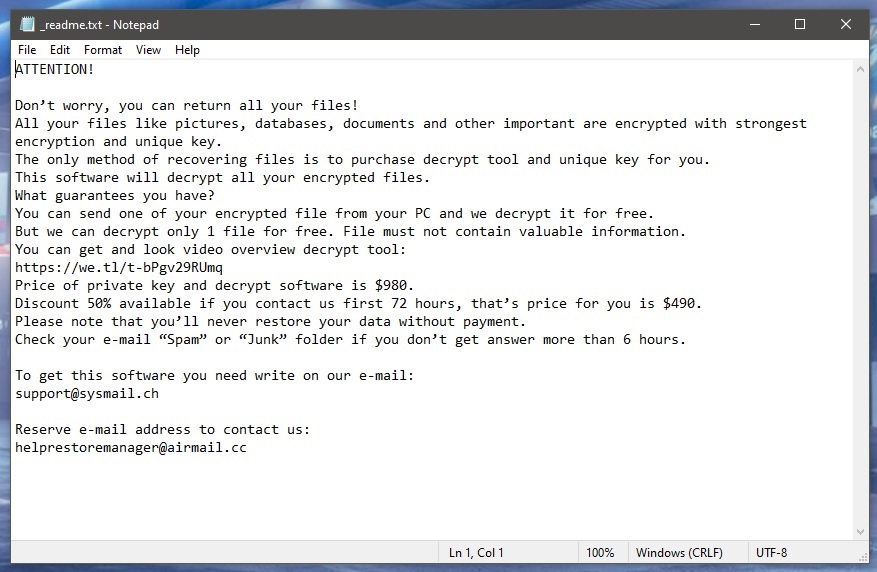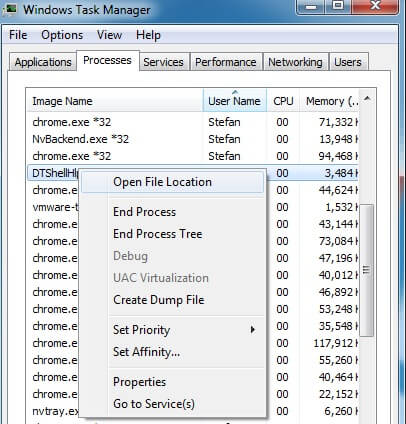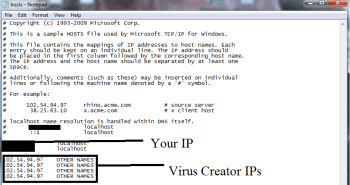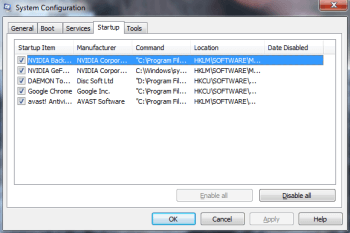*Ifla is a variant of Stop/DJVU. Source of claim SH can remove it.
Ifla
Ifla is a ransomware variant, and a very dangerous one at that. Ifla can infect pretty much any OS and lock the files in it using encryption.

This is done in order to prevent the victim users from accessing all the most valuable data stored on their machines. And the virus can even spread onto any external drives that are connected to the contaminated machine. Sometimes, this can even apply to any cloud services that you may be logged into at the time of the infection.
The purpose of Ifla infecting your computer is simple: to extort money from the infected users and promise them access to their encrypted files. You’d be surprised to know just how lucrative this criminal scheme is. That’s why ransomware numbers are well in the millions, if not billions by now. But if you’ve fallen victim to this awful piece of malware too, you did the right thing by coming here. It’s always a better idea to seek for alternative solutions than comply with the hackers’ demands right away.
Below you will find a detailed removal guide, as well as a professional malware removal tool to help you get rid of Ifla. And we have also included some tips on how you can attempt to recover your files.
The Ifla virus
The Ifla virus uses encryption to lock people out of their data. Typically, the Ifla virus will affect images, documents, audio and video files and other commonly accessed pieces of data.

This means that when you try to open these files, no matter which program you use, you will receive an error message. And thus, you will not be able to in any way use or access this information.
What makes matters worse is that there are absolutely no guarantees regarding the decryption of those files. Even though the cyber criminals behind Ifla, Xcvf, Bbnm are telling you that they will send you a decryption key, nobody can promise that it will in fact work. Encryption (and the subsequent decryption) is very complex business and even the slightest mistake in the code can render the praised decryption key useless. And you can be sure that the hackers don’t offer refunds or exchanges.
The .Ifla file extension
The .Ifla file extension is what gives away that a certain file has been encrypted. If you see the .Ifla file extension at the end of a file, you will not be able to open it anymore.
There are certain decryptor tools available online, but normally they generate decryption keys for the more popular ransomware variants out there. If one isn’t currently available, you may want to give it a little time and check again at a later point.
As for your options right now, the first thing you must do is remove Ifla from your system immediately. After that, if you have copies of your most important files stored somewhere on an external drive or cloud, you can use that to recover them. Alternatively, we have instructions on how you can use system backups to do the same.
SUMMARY:
| Name | Ifla |
| Type | Ransomware |
| Danger Level | High (Ransomware is by far the worst threat you can encounter) |
| Data Recovery Tool | Not Available |
| Detection Tool |
*Ifla is a variant of Stop/DJVU. Source of claim SH can remove it.
Remove Ifla Ransomware

Before you start, you may want to save this guide’s uninstallation instructions as a bookmark in your browser for future reference. In this way, you won’t have to search for the removal instructions for Ifla every time that you restart the computer.
The next thing that you need to do is to boot the compromised computer in Safe Mode to check what processes and apps (apart from the most essential ones) are running on the system and if they’re possibly hazardous.

WARNING! READ CAREFULLY BEFORE PROCEEDING!
*Ifla is a variant of Stop/DJVU. Source of claim SH can remove it.
On your keyboard, click CTRL+SHIFT+ESC to launch the Task Manager. You should then check for processes with strange names or high resource use on the Processes tab. Right-click on any process that looks suspicious to you and select Open File Location from the pop-up menu.

Check for malware in the files associated with that process using the free virus scanning tool provided below.

If the scanner detects files that should be deleted, you may first need to end the suspicious process in the Task Manager by right-clicking on it before going to the files and deleting them.
An attacker may modify the Hosts file when a machine is infected. Thus, the next thing you should do is to manually check the “Localhost” section of the file for dangerous IP addresses (like those on the image below). You can open the Hosts file by using a combination of the Windows key and R key, and then enter the following command in the Run box:
notepad %windir%/system32/Drivers/etc/hosts
Hit the Enter key on the keyboard to run the command, and look for any strange IP addresses under Localhost. Please let us know if you discover something suspicious by leaving a comment below. If we discover the IP addresses you’ve submitted to be harmful, we’ll get back to you.

Next, type msconfig in the Windows search bar, and then press Enter. Doing this will open the System Configuration dialog box on the screen. Look for Ifla startup items in the startup tab. Remove their checkmarks and click OK to save your changes. Keep in mind, though, that you shouldn’t remove the checkmark from valid startup items that are part of your computer’s operating system.

![]()
*Ifla is a variant of Stop/DJVU. Source of claim SH can remove it.
In order to prevent detection and acquire long-term persistence, a growing number of malware apps stealthily add harmful entries in the system’s registry. That’s why, in this step, you need to use the Registry Editor to look for and delete any Ifla-related files. To do that, type Regedit in the Windows search field and then press Enter. Once you do that, you should see the Registry Editor on the screen. Use the CTRL and F keys to search for files that may have been added by the ransomware. Type the ransomware’s name in the Find box, and start a search using the Find Next button.
Remove any ransomware-related files that appear in the search results. If necessary, repeat the search until there are no more results to erase.
Attention! If you attempt to manually delete the malware-related files from your registry, you should know that there is always a risk of deleting something else, which is not related to the threat. Using an anti-virus program is the safest alternative since it eliminates potentially hazardous apps and risky registry entries without deleting important system files.
The following five places may also contain traces of Ifla. That’s why you should double-check your system by entering each one of these terms in the Windows search bar and hitting Enter.
- %AppData%
- %LocalAppData%
- %ProgramData%
- %WinDir%
- %Temp%
Delete any suspicious files you come across. To erase all the temporary files from your Temp directory, hit CTRL and A at the same time, and then press the Del key on your computer.
![]()
How to Decrypt Ifla files
It may be difficult for non-professionals to recover data that ransomware has encrypted. Depending on the variant of ransomware that was used to encrypt the data, the decryption procedures may vary. The file extensions that are appended to the encrypted data serve as identifiers for various ransomware variants.
A rigorous scan of your machine with a professional virus removal tool (such as the one on this website) is the best that you could do before you try any data restoration. After the scan has found no threats on the system, it will be safe for you to give a try to the available file-recovery methods.
Next Djvu Ransomware
STOP Djvu is a new variant of the Djvu ransomware, that has been identified by security experts. The files encrypted by this new threat have the .Ifla suffix in the end. The good news is that you may be able to retrieve encrypted data by using a decryptor like the one available at:
https://www.emsisoft.com/ransomware-decryption-tools/stop-djvu
To start the decryption process, first you need to download the STOPDjvu.exe file from the above-mentioned URL. Click on the file and select “Run as Administrator”, then confirm. You’ll also want to read the license agreement and any instructions that come with it. It is important to note that this program cannot decrypt data that has been encrypted using unknown offline keys or online encryption.
If you have difficulties during the eradication of the Ifla ransomware, the anti-virus software on our site may help. You may also use our free online virus scanner to examine any suspicious files.

Leave a Comment